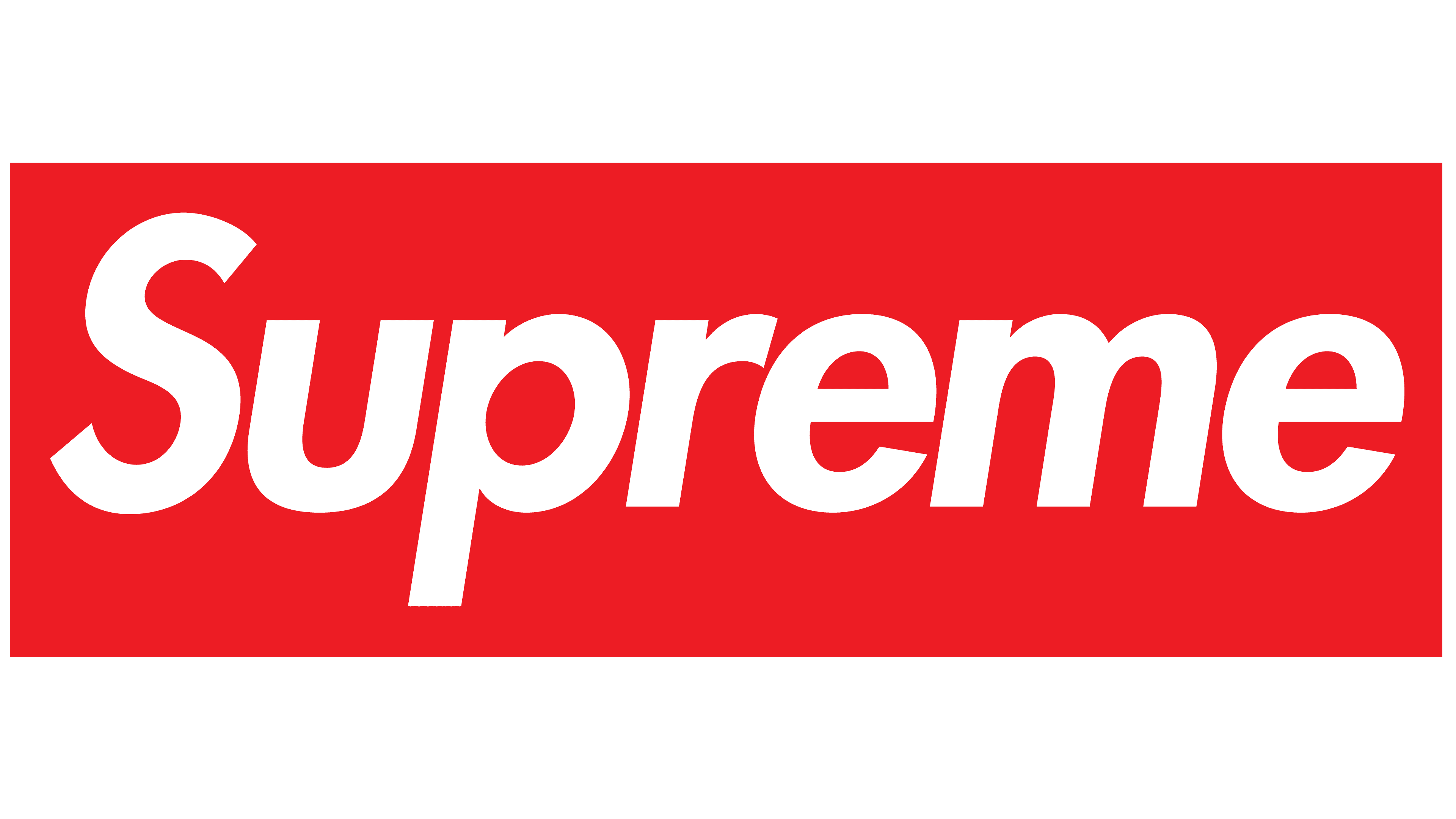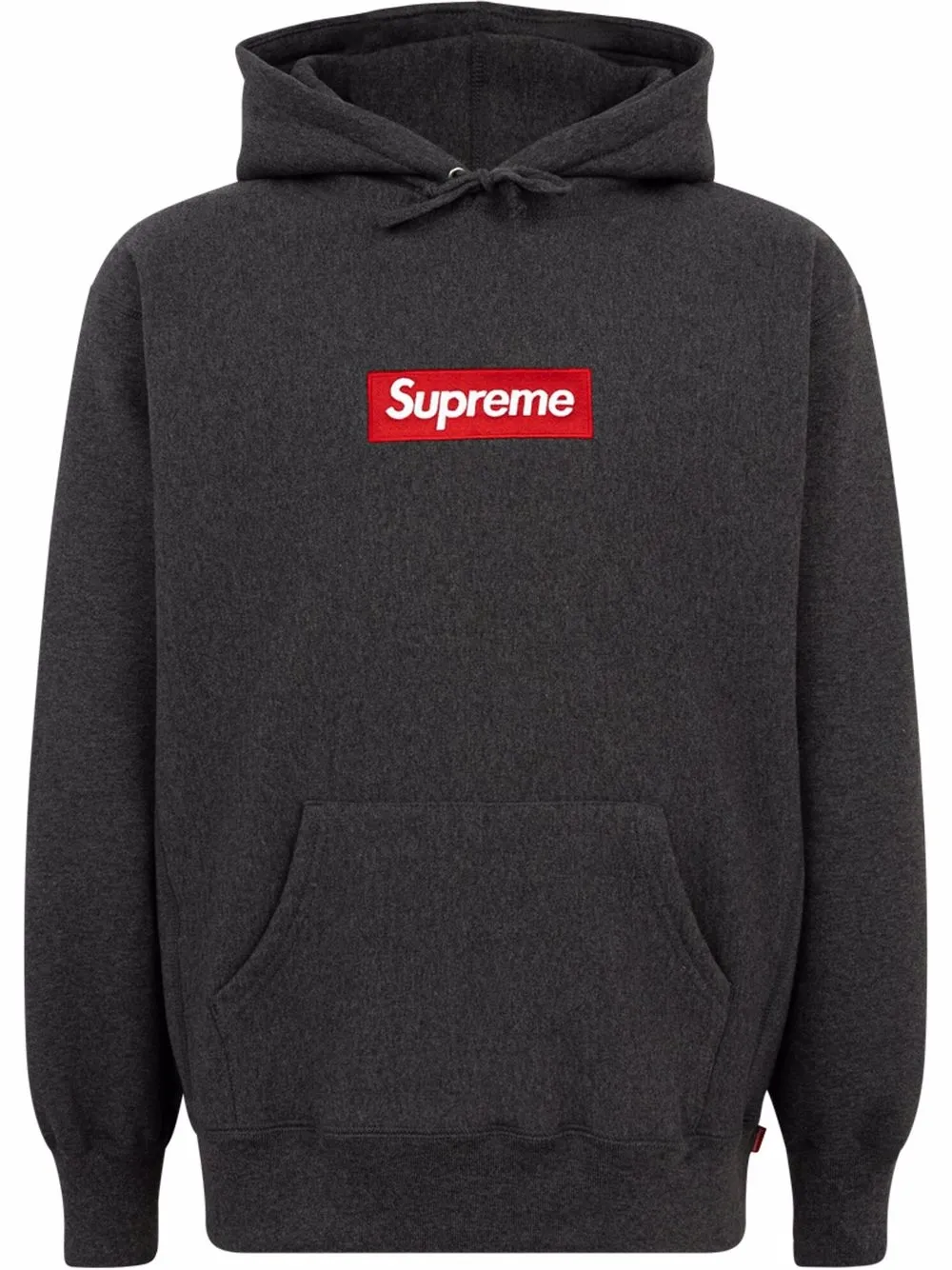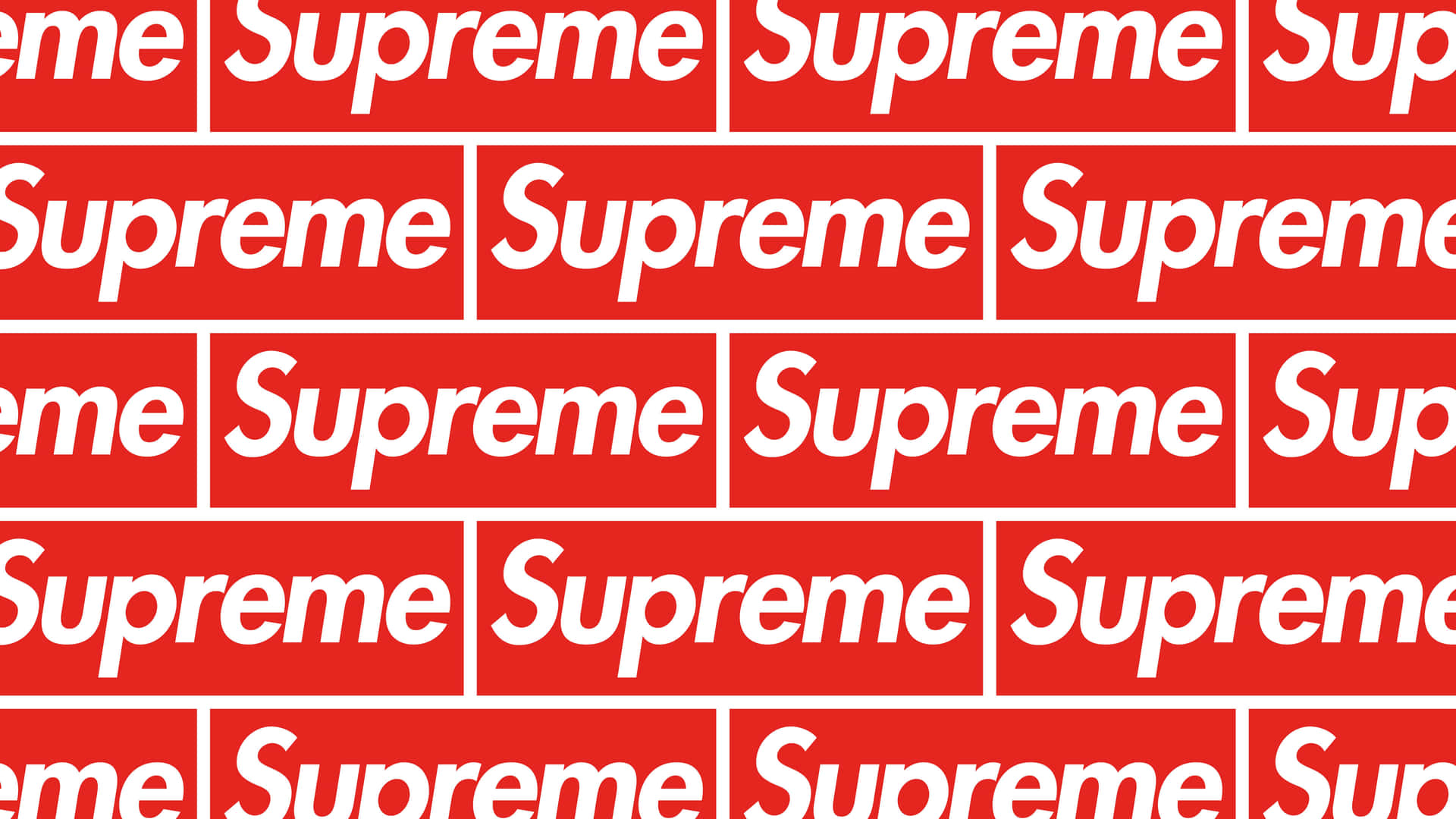Supreme Illegal Business Controls America - Is It True?
There's a whisper, you know, a sort of hushed talk that seems to float around about some very powerful, almost unseen forces shaping things in the country. It's about how certain dealings, maybe not always out in the open, could be pulling strings, affecting daily life in ways people don't quite grasp. This idea, the one that suggests "supreme illegal business controls America," is something many folks have heard, or perhaps even wondered about themselves, and it certainly makes you think, doesn't it?
This kind of talk, it pops up in casual chats, in online spaces, and sometimes, well, it just hangs in the air, making you wonder what's really going on behind the scenes. People often feel a little bit like things are beyond their control, that decisions are being made far away by groups or setups they can't quite see or understand. It's that feeling of something bigger, something perhaps not quite right, that really gets people talking and, you know, speculating.
So, what happens when such a bold statement, like "supreme illegal business controls America," comes up? It sparks a lot of questions, a fair bit of curiosity, and sometimes, too it's almost a sense of unease. This piece will try to look at what might make people think this way, what kinds of things feed into such ideas, and how we might approach these sorts of claims with a bit of a thoughtful perspective, without jumping to conclusions.
- 1st Studio Siberian Mouse
- Haircuts For Straight Hair Men
- Is Emily Compagno Married
- Aishah Sofey Only Leak
- Is Cal Raleigh Married
Table of Contents:
- The Murmurings of Unseen Power
- Is "Supreme" Influence a Reality?
- What Fuels the "Illegal Business" Perception?
- Who Really "Controls America"?
- How Do We Know About "Business" Dealings?
- The Role of Transparency and Openness
- Public Trust and the Idea of Control
- Moving Forward with Facts and Questions
The Murmurings of Unseen Power
It's a common thing, really, for people to wonder about the forces that truly shape their world. You see things happening, decisions being made that seem to come from nowhere, and it's natural to ask who is really calling the shots. There's this idea, a kind of general feeling, that there might be people or groups working in the shadows, making choices that affect everyone, and that, you know, can be a little unsettling. This notion of unseen power, it has been around for a very long time, popping up in stories and conversations through the years.
When someone brings up the idea of "supreme illegal business controls America," it taps into that feeling of not quite knowing the whole story. It suggests that there are dealings happening that are not just hidden, but also not on the up and up, making things even more concerning. People might point to big changes in society or unexpected turns of events and wonder if there's a secret hand at play. It's almost like trying to piece together a puzzle when you don't have all the parts, and some of the parts seem to be missing on purpose, so to speak.
- Denzel Washington Training Day
- Sowte Ifsa
- Baggiest Jeans In Atlanta
- Many Summers Later Gravity Falls
- Emily Campagno
This kind of talk often comes from a place where people feel a loss of say in their own lives, or a sense that things are not fair. They might feel that the regular ways of doing things, like voting or speaking up, don't always lead to the results they expect. So, then, the mind starts to think about other explanations, about things that are not out in the open. It's a way of trying to make sense of a world that can, at times, seem a bit confusing and out of reach, in a way.
Is "Supreme" Influence a Reality?
When we talk about "supreme" influence, it brings to mind something at the very top, something with a lot of sway over everything else. The idea is that there's a single, very powerful source of direction, perhaps one that operates above the usual rules. So, is there truly such a thing as a "supreme" influence that shapes the way things are done in America? Well, that's a question many people ponder, and it's not a simple one to answer, obviously.
We know that in any country, there are many different groups and individuals who hold various amounts of sway. There are elected leaders, of course, and also large companies, powerful interest groups, and even very wealthy individuals. Each of these has a way of trying to get things done that match their own goals. The question then becomes whether any one of these, or a secret mix of them, rises to a level that could be called "supreme," meaning it has the final say on nearly everything. It's a rather big thought, to be honest.
Some people might look at how certain laws get passed, or how certain industries seem to always get their way, and they might start to think there's a "supreme" force at work. They might see connections between different events that seem too neat to be just chance. Others might say that what looks like "supreme" influence is really just the usual give and take of a complex society, where many different groups are trying to make their mark. It's a matter of perspective, you know, and what information you choose to put weight on, more or less.
What Fuels the "Illegal Business" Perception?
The part about "illegal business" in the statement really adds a sharp edge to the whole idea. It suggests that not only is there powerful influence, but that this influence is also operating outside the bounds of what's allowed, doing things that are against the law. So, what makes people think that these powerful dealings might also be "illegal business"? It's a concern that pops up quite a bit, and it's worth looking at what feeds that kind of thought, you know.
Often, this perception comes from news stories about wrongdoing, about companies or individuals who have been caught doing things they shouldn't. When there are reports of corruption, secret deals, or people breaking rules for their own gain, it can make folks wonder how deep those kinds of actions go. If some illegal acts are uncovered, it can lead to the thought that there are many more that haven't been found yet, especially among those with a lot of sway. It's a natural leap for some people to make, frankly.
Also, a lack of openness from those in power can make people suspicious. If decisions are made behind closed doors, or if information is hard to come by, it can make people think that there's something to hide. When things are kept secret, people's minds tend to fill in the blanks, and sometimes, what they imagine is worse than the reality. This can lead to the belief that the powerful are not just making choices, but are doing so through "illegal business" practices, making the situation seem a lot more concerning, basically.
Who Really "Controls America"?
The phrase "controls America" is a really strong one, suggesting a total grip on the nation's direction and destiny. But when you stop to think about it, who or what actually holds the reins? Is it one person, a small group, or is it something far more spread out? It's a question that gets at the very heart of how a country like America operates, and it's a topic that, you know, has many different ideas floating around it.
On one hand, we have the system of government, with its different parts that are supposed to keep each other in check. There's the idea that the people, through their votes, have the final say. Yet, sometimes it feels like the choices made by those in charge don't always line up with what the public wants. This can lead to a feeling that someone else, or something else, is truly in charge, perhaps in ways that are not visible to everyone. It's a common sentiment, to be honest.
Then there are the big businesses, the financial markets, and the people with a lot of money. They certainly have a say in things, influencing laws and public opinion through various means. Some might say that economic power is the real power, and that whoever has the most wealth pretty much "controls America." Others might argue that it's a mix of all these things, with no single group having complete control, but rather a constant push and pull between many different interests. It's a pretty complex picture, in a way.
How Do We Know About "Business" Dealings?
When we hear talk of powerful "business" dealings, especially those that might be hidden or not quite right, it makes us wonder how we'd even find out about them. How does the public, or anyone really, get a peek behind the curtain to see what's truly happening? Knowing about these kinds of dealings is pretty important if we want to understand the full picture, and it's a challenge, to say the least, to get that information, you know.
Usually, we learn about these things through a few main ways. Sometimes, it's investigative reporters who dig deep, following leads and piecing together information that wasn't meant to be seen. They work to bring hidden facts to light, and their efforts can often reveal a lot about how certain businesses operate, and who they might be connected to. It's a tough job, and it often takes a lot of time and effort to uncover these kinds of stories, actually.
Other times, information comes out through whistleblowers – people inside organizations who decide to speak up about wrongdoing, even if it puts them at risk. Their courage can expose things that would otherwise stay secret. And then there are official investigations by government bodies, which can sometimes uncover illegal "business" practices. But even with all these efforts, it's still hard to know everything, and many things remain out of sight, which is why people keep asking questions, pretty much.
The Role of Transparency and Openness
One of the biggest ways to deal with concerns about unseen power and potential wrongdoing is through transparency and openness. When things are done out in the open, it's much harder for secret deals or unfair practices to take root. People can see what's happening, and they can hold those in charge to account. It's like turning on a light in a dark room; things that were hidden become visible, and that can make a big difference, you know.
In a society that values openness, there are laws and rules designed to make sure that information is available to the public. Things like freedom of information acts mean that people can ask for government records, and public meetings mean that important discussions happen where anyone can watch. The idea is that the more people know, the less room there is for things to go wrong without anyone noticing. It helps build trust, too it's almost a way to keep things fair.
However, getting true transparency can be a challenge. Sometimes, there are good reasons for keeping certain things private, like personal information or matters of national security. But other times, information is kept secret simply because those in power don't want others to see what they're doing. Finding the right balance between privacy and openness is a constant effort, and it's a very important one for making sure that society feels like it's being run fairly, more or less.
Public Trust and the Idea of Control
The belief that "supreme illegal business controls America" really speaks to a deeper issue: public trust. When people lose faith in their leaders, their institutions, or the system itself, they start looking for explanations for why things aren't working as they should. If they don't trust the official story, they might be more likely to believe in hidden forces or secret dealings. It's a bit like when you don't trust someone, you start to question everything they say or do, and that, you know, can be a tough spot to be in.
Building and keeping public trust is a really big job for anyone in a position of sway. It means being honest, doing what you say you'll do, and showing that you care about the common good. When people feel that their voices are heard and that the system is working for everyone, not just a select few, then the idea of secret, illegal control starts to lose its grip. It's about feeling like you're part of something that's fair and just, basically.
When trust is broken, it can take a long time to fix. Scandals, broken promises, or clear examples of unfairness can chip away at public confidence. And once that trust is gone, it's much easier for ideas about "illegal business" and hidden controllers to take hold. People might feel that the only way to explain what's happening is if there's a shadowy group pulling the strings. So, keeping that trust strong is pretty much vital for a healthy society, in a way.
Moving Forward with Facts and Questions
So, where does all this leave us with the idea that "supreme illegal business controls America"? It leaves us with a lot of questions, that's for sure. Instead of just accepting such a bold statement as fact, it's more helpful to approach it with a sense of careful thought and a desire to learn more. It means looking for real information, asking good questions, and not just taking things at face value, you know.
It's about being curious about how things really work, about the different groups that have a say in society, and about the ways decisions are made. It also means being aware of the challenges that exist, like the struggle for openness and the ongoing fight against wrongdoing. By staying informed and thinking for ourselves, we can better understand the world around us, and perhaps even help make it a little clearer for everyone, too it's almost a responsibility.
Ultimately, the health of any society depends on people being able to understand what's happening, to question things that don't seem right, and to work towards a system that feels fair and open. The talk of "supreme illegal business controls America" might be a sign of deeper worries, and by addressing those worries with facts and open
- Post Nirvana
- Bomb Iran Vince Vance
- Baggiest Jeans In Atlanta
- Selena Quintanilla Outfits A Timeless Fashion Legacy
- Two Babies And One Fox

Supreme Logo, symbol, meaning, history, PNG, brand

Supreme Box Logo Hoodie | Grey | FARFETCH

Download Supreme Brand Logo Wallpaper | Wallpapers.com